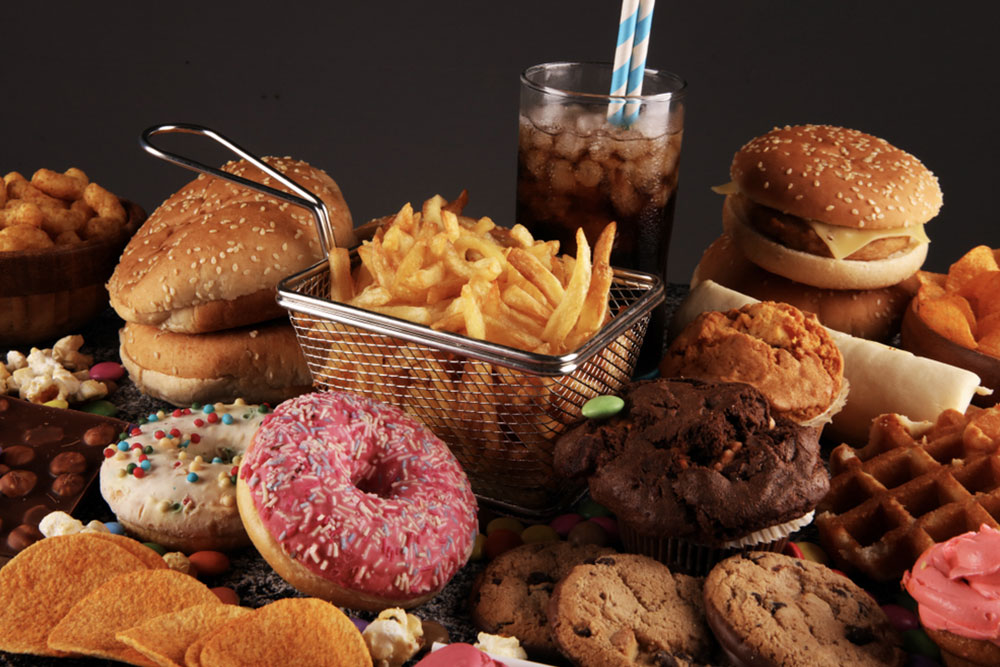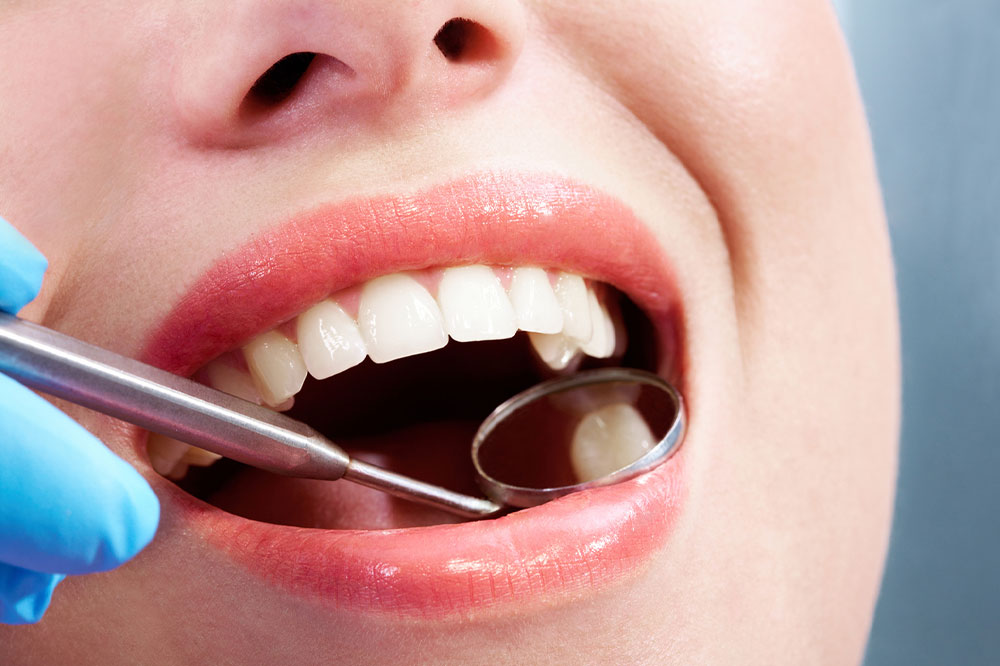
6 uncomfortable questions to ask a dentist
Dental visits, no matter how unpleasant, are essential to maintain good oral hygiene. Most dental appointments may involve routine checkups and cleanings. At times, however, you may have questions regarding procedures or habits, but any feeling of embarrassment or worry over judgment from the dentist may prevent you from asking them. To make it easier for you, here are some of the most common but uncomfortable questions that people are too shy to ask. Where does the saliva go? You may have seen the suction line during any dental procedure. This suction removes the excess saliva and tooth debris from one’s mouth and helps to keep their mouth dry, which can otherwise interfere with the treatment. The device funnels waste materials, including spit, through a filtering system that separates liquids from solids. The waste is then disposed of into the office’s wastewater system. Does the treatment have any side effects? Filings, extractions, and root canals may have potential risk factors. Some common side effects may include pain, swelling, or temporary sensitivity. By asking about the possible side effects of a treatment to your dentist, you can better prepare for any discomfort or complications that may arise after the procedure. What are the potential dental risks I should be aware of?
Read More 










